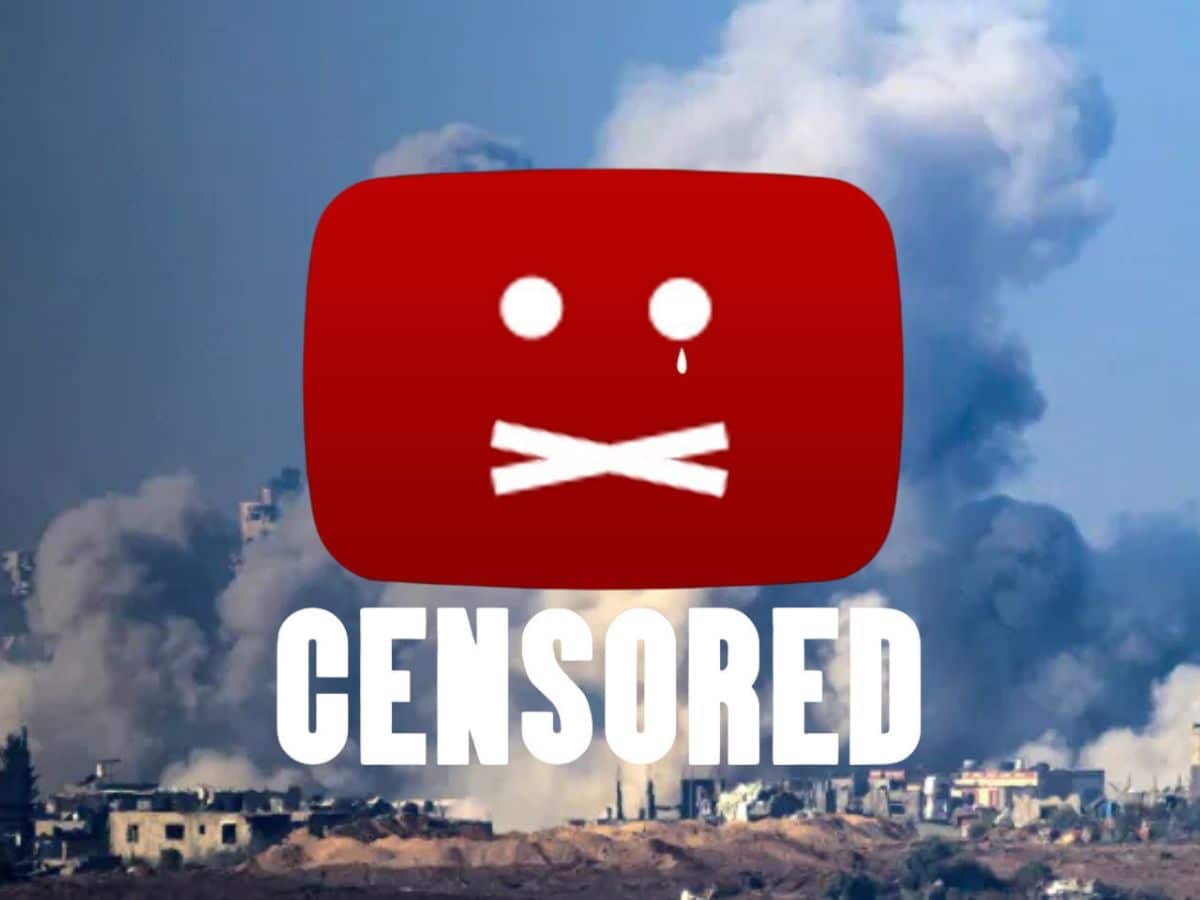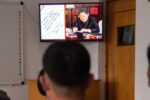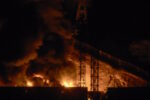In a striking revelation, The Intercept has uncovered that YouTube deleted the channels of three leading Palestinian human rights organisations last October: Al-Haq Foundation, Al-Mezan Centre for Human Rights, and the Palestinian Centre for Human Rights (PCHR). Hundreds of field and documentary videos documenting alleged Israeli crimes in Gaza and the West Bank disappeared overnight.
Sudden Deletion and Accusations of Political Censorship
The three organisations said their channels were removed without notice, erasing more than 700 videos showing killings of civilians, home demolitions, and torture testimonies. YouTube, owned by Google, claimed the deletions were due to US sanctions imposed on the organisations last September. The company said it must “comply with US sanctions and trade laws,” as hosting sanctioned entities counts as a “commercial service.” Human rights groups say this is a legal pretext to justify political censorship.
A Direct Impact on Palestinian Memory
Human rights advocates warn that deleting this material silences Palestinian voices and destroys crucial legal evidence. The loss may harm international court cases, including those before the International Criminal Court. Researchers fear that the absence of an archive will disrupt documentation and accountability efforts.
Basel Sourani, legal adviser at the Palestinian Centre for Human Rights, said:
By doing this, YouTube is silencing victims and protecting perpetrators from accountability.
Al-Haq Foundation called it “a worrying setback for freedom of expression and human rights.”
Political Pressure and Double Standards
The Intercept’s investigation revealed that the deletions coincided with the Trump administration’s second round of sanctions against the International Criminal Court. These targeted anyone cooperating in probes of Israeli officials. Observers say US tech companies, including YouTube, face political pressure to restrict Palestinian content under the guise of sanctions compliance.
Sarah Leah Whitson, executive director of Democracy for the Arab World Now (DAWN), said:
It’s hard to believe that sharing Palestinian human rights material could violate sanctions. YouTube is showing astonishing weakness in the face of political dictates.
This is not the first time. The platform has repeatedly been accused of double standards—deleting Palestinian content while leaving pro-Israel propaganda untouched. Previous reports by Wired and Access Now confirmed this pattern during the last Gaza war.
Removing the channels also erased essential metadata such as upload dates, view counts, and comments—details vital for legal evidence. Digital documentation experts say this loss breaks the “chain of evidence” needed for material to be admissible in court. They warn that the lack of safeguards for human rights content poses a serious threat to collective memory. One administrative decision can wipe away years of documentation.
Seeking Alternatives Outside US Control
Following the deletions, Palestinian organisations began searching for alternative platforms outside US control to store their archives. Digital archivists now plan to work with international bodies to build secure, independent systems that protect human rights footage from deletion or manipulation.
Freedom-of-expression groups warn that if this continues, global memory will be whitewashed and the Palestinian story erased from public view.
The Intercept’s investigation highlights the growing overlap between political power, economic sanctions, and digital censorship. As human rights organisations try to document war crimes, tech giants are erasing their evidence. This sets a precedent that endangers every human rights group working in conflict zones. Palestinian visual memory—footage, testimonies, and fragments of lives—is now threatened by opaque decisions made in Silicon Valley. Without safeguards, evidence of crimes may vanish from the internet long before it ever reaches the courts.
Featured image via the Canary













